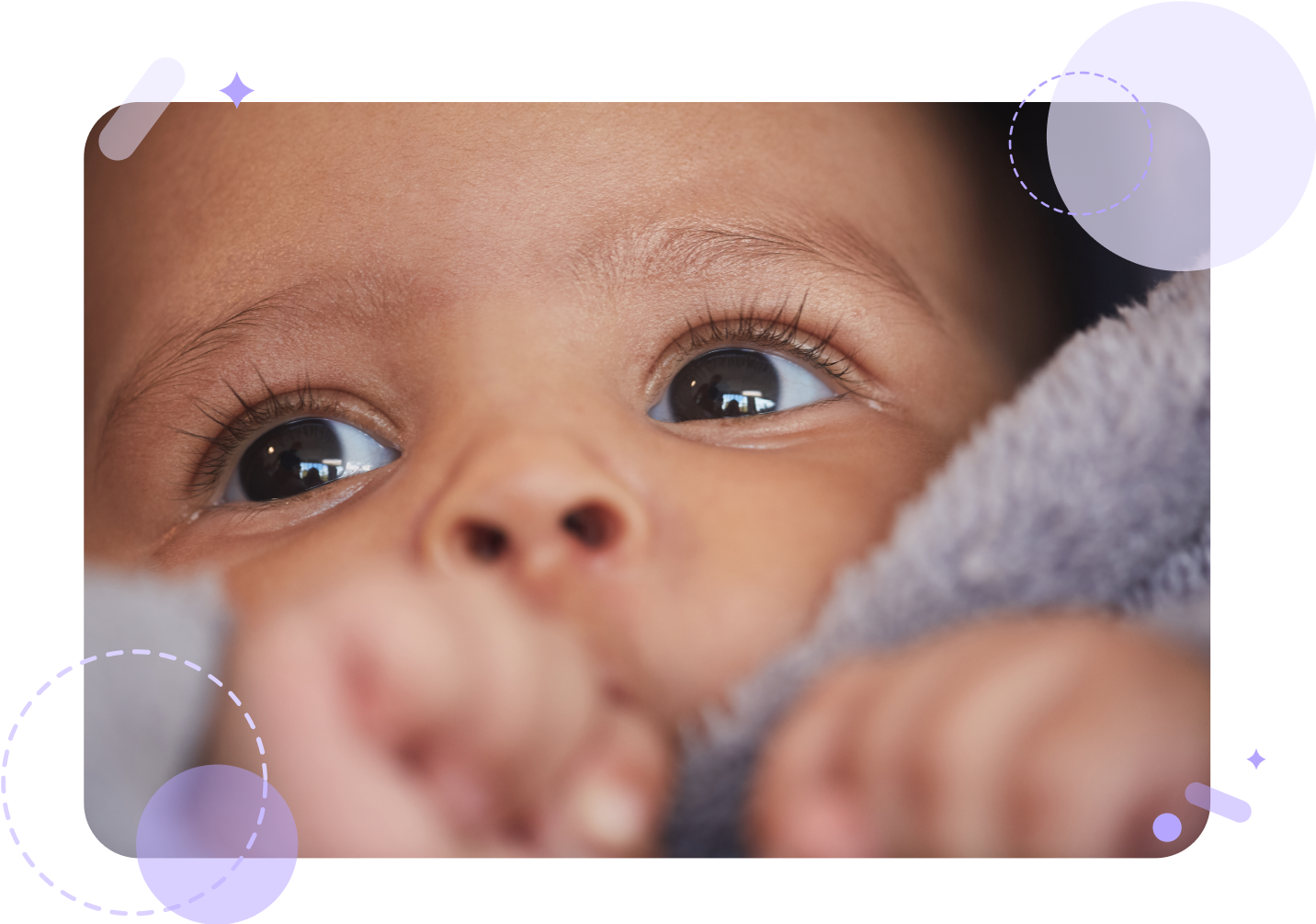
Holding your baby for the first time is hands down the best feeling in the world. Right, parents? They feel soft and light like feathers. While the weight of each baby varies, the current statistic places the average birth weight for boys at 7.36 lb (3.34 kg) and girls at 7.12 lb (3.23 kg). The range for a normal baby weight is 5.5 lb (2.5 kg) to 10 lb (4.6 kg).
There are multiple factors that can affect your baby’s weight including the length of pregnancy, the weight of each parent, and the gender of the baby. Baby boys, on average, tend to be a little heavier than baby girls.
Weight Loss in Newborns
If you notice that your newborn feels lighter a few days after their birth or observe that their weight is lower when a health professional takes their measurements, don’t be alarmed. It is completely normal for a newborn to lose an average of five to ten percent of their birth weight. The reason is that babies eliminate the extra fluid and adjust to a new method of receiving nutrition which causes weight loss.
What is Normal Weight loss?
A five percent loss is considered normal in formula-fed babies compared to seven to ten percent in breastfed babies.
Reasons for Weight Loss After Birth
- Gestational age: Depending on the age of your baby, weight loss can vary. Usually, babies of a lower gestational age might experience difficulties during feeding, which might result in more weight loss due to a decreased intake of milk.
- Evaporative water loss: Younger, premature babies tend to lose more water as it evaporates from the skin and through breathing.
- Small kidneys: Proper filtration and water level control is regulated by the kidneys which are in the process of being developed to full functionality in babies. The younger the baby, the greater the water loss that can occur as a result of renal maturation.
Regaining Lost Weight
The rate of regaining lost weight is an important indicator of the overall health of your baby during their critical first few days. During the first month, most full-term, and 34 to 36 week preterm newborns usually gain weight at a rate of about 30 grams per day. They tend to start gaining their lost weight at around the fifth day. Usually, they will reach their birth weight within 10 to 14 days, or later in some cases.
It may take longer for babies to regain their birth weight if they are sick or less than 34 weeks of gestational age.
Breastfeeding Versus Formula Feeding
Weight gain can also be affected by the feeding method. Research shows that exclusively breastfed and exclusively formula-fed babies grow at different rates. The difference is that formula-fed babies have immediate access to full and rich nutrition, whereas breastfed babies have a limited colostrum supply for the first two to three days of their life.
The following are some of the reasons why your baby may not be getting enough breast milk to regain lost weight:
- Poor latch
- Infrequent breastfeeding
- Shorter nursing sessions
- Feedings with a lot of baby unrest/fussiness
- Low or delayed breast milk supply
What to Try Out if You’re Having Difficulty Breastfeeding Your Baby
If you experience difficulties with breastfeeding during the initial stages, you can ask for help from a lactation specialist nurse that can provide guidance and pointers for smoothing out the breastfeeding process.
If you still experience issues with breastfeeding, you can follow these steps to ensure your baby receives an appropriate amount of nutrition intake:
- Express breast milk with a pump and use a bottle (if they take it) or finger-feed them with a tiny tube attached to your finger.
- Try silicone nipple covers that can be used straight on top of the nipple or in the transition from the finger to the nipple (use silicon cover with a finger first, pouring liquid as your baby sucks, and then transition the silicone cover to the actual nipple).
- If the breast supply is reduced, you can try the previously mentioned recommendation but with formula instead of breastmilk.
Most babies will get the latching from the get-go, but if your baby is slow in getting the latch, they should have very little difficulty after a couple of weeks. This is more common in earlier term babies but will improve with time.
Now that you know all about weight loss in newborns, you can keep track of your baby’s weight with Marble to assess your baby’s development and parent with confidence.
 Back
Back

